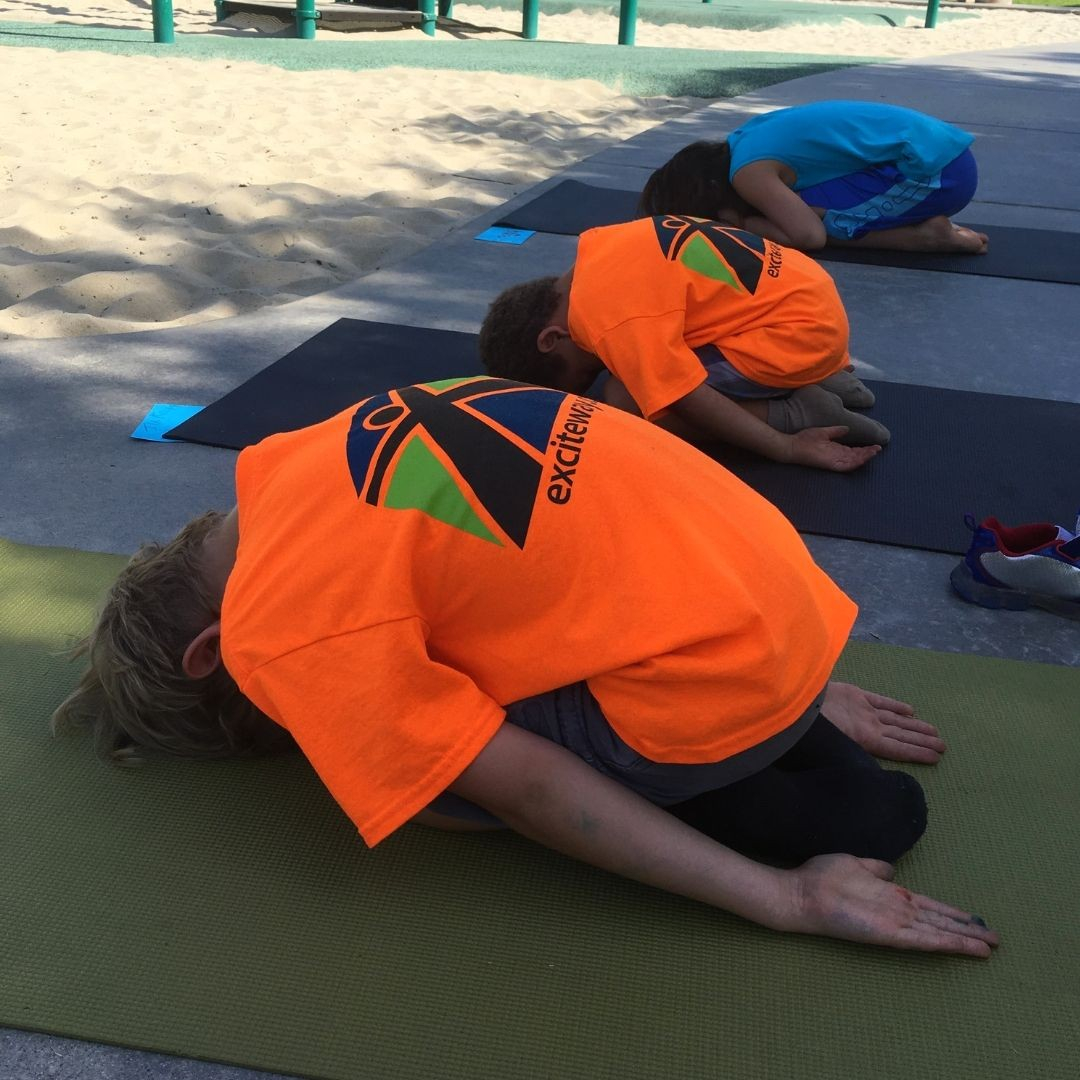ADHD & Exercise
By Dan Roth
As an expert in ADHD, as well as someone who has it, one of the most common questions that is asked is, “what are alternative’s to medication?’ and ‘My child is on medication but still can’t focus all the time, is there anything else I can do to help?” There are a ton of answers but the one that often is the first out of my mouth is, exercise.
Exercise may seem like an incredibly simple answer but it is also one of the most beneficial. There are many studies that have shown that people with ADHD are at a high risk for eating disorders. Factors shown to influence this are poor self observations, abnormal sleep patterns, skipped meals and emotional factors among others.
Eating food high in sugars such as carbohydrates and soda are seen as a way to self-medicate for short bursts.
People with ADHD have decreased levels of chemicals involved in sleep, depression, memory and cognitive processes such as dopamine, serotonin and norepinephrine. Exercise can provide the same self-medicating qualities in a healthy and safe way by naturally elevating these chemicals in the brain. The result is better physical health and the ability to sit down and focus.
The benefits are so significant that in some cases exercise can decrease the need to use stimulant medications and increase the chances of a good night sleep.
Emotionally exercise raises self-esteem, decreases the feeling of helplessness and helps children with ADHD make friends specifically in relation to joining athletic groups or teams.
In other words, everything ADHD can take away, exercise helps put back.
To help make my point I will share a personal example. In high school I participated in athletics two out of three seasons which accounted for five and a half out of the eight months of the year I was in school. During the two and a half months I was not in sports my GPA hovered between 1.9 and 2.4(on a 4.0 scale). The five and a half months I was in athletics my GPA rose to 2.8-3.2 average.
That’s nearly a full grade point increase. Teachers comments on report cards included, “Dan seems more alert and focused during class,” “Dan is able to be attentive for longer periods of time and has less episodes in which he seems spaced out.”
Long term, regular exercise and joining sports teams can teach children how to self-regulate, maintain consistency and routine in their lives. This makes it easier later in life regardless of if they go to college or start a job.
-Daniel Roth is an ADHD professional and mentor for kids with learning disabilities at ClubXcite and an author who writes about his own experience growing up with ADHD and now helping others with ADHD to empower themselves to succeed.
ClubXcite is a San Diego youth tutoring and coaching organization focused on supporting children and teens facing academic, social, behavioral, emotional or athletic challenges.







